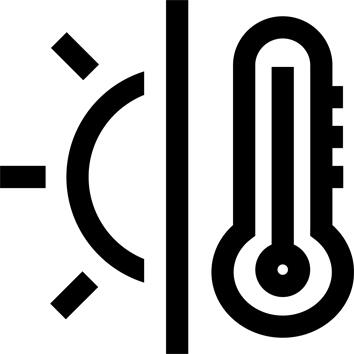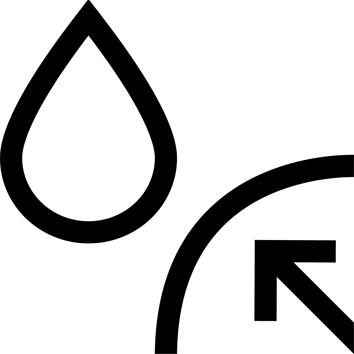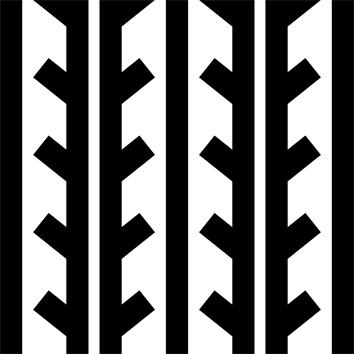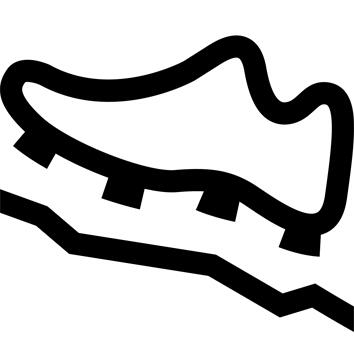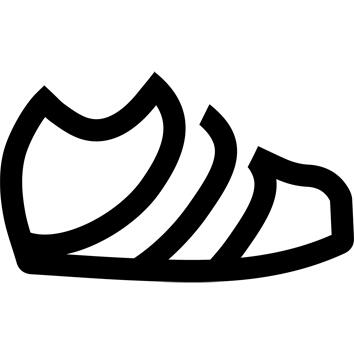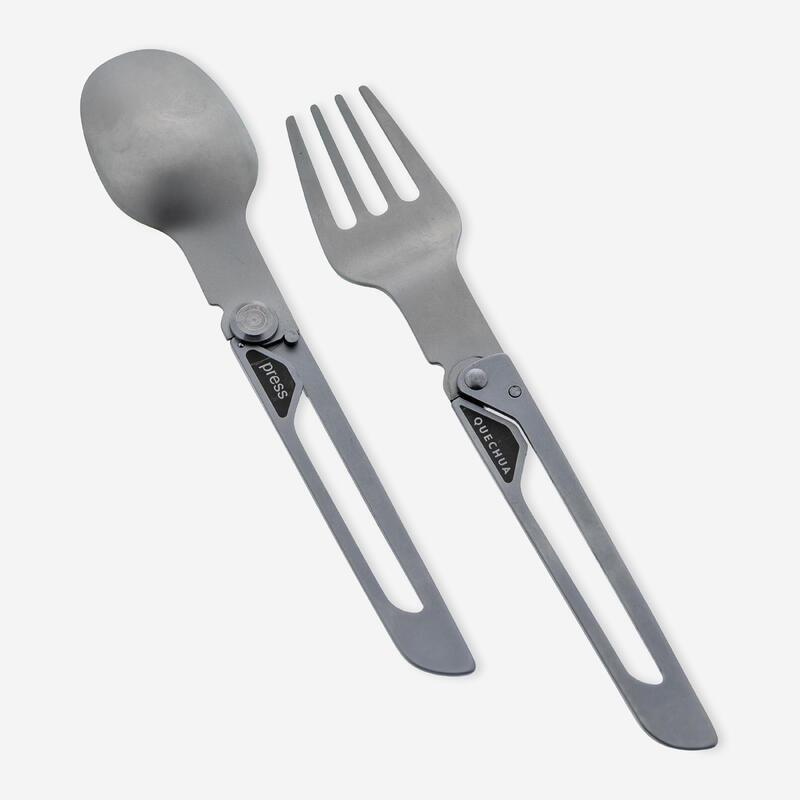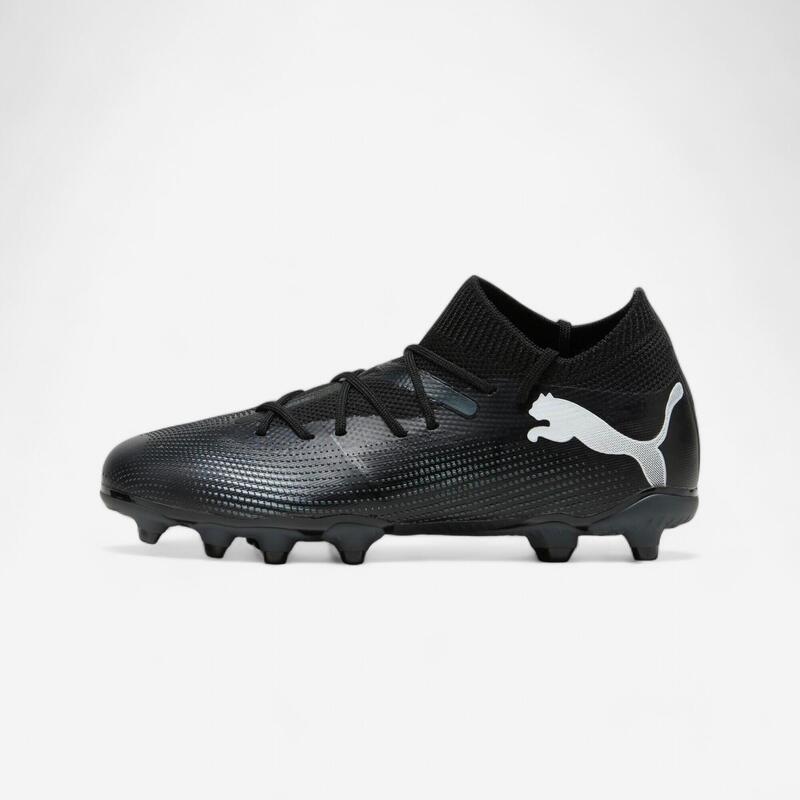Am I sure my shoes are warm enough for winter hiking?
Based on field and laboratory tests with a panel of users, we measure the thermal resistance of our shoes at rest (static -11°C) and during activity (dynamic -20°C). Now you can know exactly how far your footwear will protect you. Comfort limit temperatures are indicated for your footwear. We take into account the differences between men and women in our data.
How do my shoes protect me from the elements?
Your shoes have been designed with a membrane to ensure waterproofing and breathability. A membrane is a very thin component (5 to 25 micrometers) affixed to the inside of a fabric that keeps water out while allowing moisture to escape.
Breathable footwear for optimum thermal comfort
Thermal comfort is a balance between the warmth provided by the footwear and its ability to let the foot breathe. Too much warmth or not enough breathability, moisture accumulates and the cold can set in. We've designed your shoes with your occasional or regular practice in mind, with a membrane whose role is to keep water out on one side and allow moisture to escape on the other.
How can I be sure that my shoes are 100% waterproof?
We've made sure your shoes are waterproof with laboratory tests simulating walking with feet half-submerged in water, and with wear and ageing tests in the field.
What's the difference between grip and adhesion?
Shoe grip depends on the number and shape of studs. Grip, on the other hand, depends on the materials and treads used on your soles, much like the tires on your car. Grip optimizes propulsion, prevents the shoe from skidding backwards when climbing, and stabilizes the shoe.
Grip prevents the shoe from slipping and skidding on smooth terrain or in demanding conditions (rain, snow, ice), by providing grip to the sole."
What kind of grip does this shoe give me?
Equipped with SNOWCONTACT soles, your boots have been designed for maximum comfort in terms of grip for hiking and grip on snow. The layout and height of the studs (3mm) are strategically placed for optimum grip when hiking on snow. The surface and design of the crampons have been worked to perfectly hug the hard snow layer and evacuate excess water to prevent slipping.
What does SNOWCONTACT technology on the soles of my shoes do for me?
SNOWCONTACT soles are designed with a specific component and crampon design to ensure the best possible grip and hold. SNOWCONTACT soles are also more effective than traditional soles on snow. For use on ice, only the addition of anti-slip grips will ensure optimum safety.
Will my shoes stand up to regular use over time?
Our engineers conduct laboratory tests to guarantee your complete satisfaction in use. We validate the following elements, among others: eyelet and strap resistance, bonding, toxicology, UV resistance, abrasion of sole and upper components, accelerated aging.
How do I get the right footwear for hiking on snow?
To get the best outfitting for winter, we recommend the following principles:
Warmth: warm socks (ideally with a suitable % wool)
Breathability: choose socks according to the intensity of the hike, and in particular choose breathable models to limit humidity.
Shaft height: adapt the height of the sock to the height of the shaft, and prefer high models if you're looking for more protection.
How can I preserve the technical qualities of my shoes?
A fabric's water repellency is its ability to let water slide off its surface without absorbing it. This means the fabric doesn't become waterlogged, and remains light, breathable and warm. Water repellency is achieved by a treatment applied to the outside of the fabric. This treatment needs to be renewed over the lifetime of the shoe. Products (spray or liquid) are available for this purpose in our stores.
How do I dry the inside of my shoe?
Shoes in use can become very damp (condensation and perspiration).
If the shoe is very damp, we recommend removing the insole, filling the upper with newspaper balls and changing them regularly. The paper will pump out the moisture and speed up the drying process.
Never put your shoes too close to a heat source, but leave them in a warm, dry, well-ventilated place.
Weight
39 : 0.944 kg
40 : 0.962 kg
41 : 1.02 kg
42 : 1.028 kg
43 : 1.078 kg
44 : 1.104 kg
45 : 1.19 kg
46 : 1.228 kg
47 : 1.266 kg
